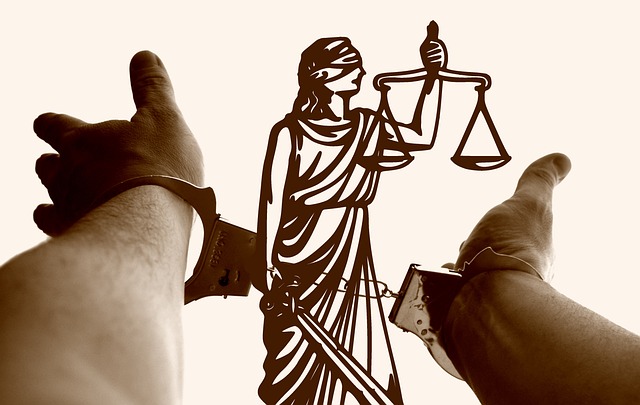Product liability wrongful death cases arise from product defects, manufacturing flaws, or insufficient warnings leading to severe harm or loss of life. Plaintiffs seek compensation for damages like medical expenses, pain and suffering, and lost wages, emphasizing the legal duty manufacturers owe consumers for product safety. Effective risk communication through clear labeling and user manuals is crucial for consumer protection. Product warning labels mitigate risks and offer legal protection under product liability laws. In cases of accidents despite clear warnings, victims' families can consult specialists like auto accident lawyers or employment disputes experts for recourse. Effective labeling is both a legal requirement and a moral duty to safeguard consumers from preventable injuries and deaths.
In cases of product liability wrongful death, where a defective product causes severe harm or loss of life, understanding the role of warnings labels becomes paramount. This article delves into the intricacies of product liability lawsuits, focusing on how inadequate or absent warning labels can lead to catastrophic outcomes. We explore legal implications, compensation for losses, and the critical importance of clear, effective labeling in preventing such tragedies.
- Understanding Product Liability Wrongful Death Cases
- The Role of Warnings Labels in Preventing Tragedies
- Legal Implications and Compensation for Loss
Understanding Product Liability Wrongful Death Cases

Product liability wrongful death cases arise when a product’s design, manufacturing defects, or inadequate warnings result in severe harm or loss of life. These lawsuits are based on the legal principle that manufacturers and distributors have a duty to ensure their products are safe for intended use. Failure to provide clear and accurate information about potential risks can expose companies to significant liability.
In such cases, families affected by the product’s dangers may seek compensation for medical expenses, pain and suffering, lost wages, and other damages resulting from the wrongful death of a loved one. Understanding the nuances of product liability is crucial, as these cases often involve complex issues related to product design, testing, and regulatory compliance. Effective risk communication through clear labeling and user manuals plays a pivotal role in preventing such tragedies, underscoring the importance of transparency in commercial activities, including employment contracts and business litigation scenarios, to ensure consumer safety.
The Role of Warnings Labels in Preventing Tragedies

Product warnings labels play a pivotal role in preventing potential tragedies related to product liability wrongful death cases. These labels serve as a crucial line of defense against unforeseen accidents, especially when products carry inherent risks. By providing clear and concise information about product usage, hazards, and safety measures, manufacturers can significantly reduce the likelihood of harm. For instance, a simple warning label on a household cleaner could educate users about potential skin irritation or eye damage, encouraging safer handling and storage practices.
In cases where accidents do occur, despite adequate warnings, product liability laws step in to offer recourse for victims’ families. An auto accident lawyer or employment disputes specialist may assist in navigating these complex legal matters. Slip and fall incidents, for example, can lead to severe injuries and even wrongful death, particularly in environments with poorly maintained warning signs or safety measures. Effective labeling is not just a legal requirement but also a moral obligation to protect consumers from preventable harm.
Legal Implications and Compensation for Loss

When a product liability wrongful death occurs due to inadequate or misleading warnings, the legal implications can be severe. Victims or their families may have grounds to file a product liability lawsuit against the manufacturer or distributor. Such cases often revolve around negligence, strict liability, and breach of warranty theories. Negligence claims allege that the defendant failed to exercise reasonable care in providing adequate warnings about potential hazards associated with the product. Strict liability claims, on the other hand, hold manufacturers accountable for defective products regardless of their level of care. Breach of fiduciary duty may also be invoked if there was a special relationship between the manufacturer and the user, such as a doctor-patient relationship.
Compensation for loss in product liability wrongful death cases can include damages for medical expenses, lost wages, pain and suffering, and punitive damages to deter similar conduct in the future. Legal representation is crucial in navigating these complex cases, ensuring that all legal avenues are explored and that victims receive fair compensation. The impact of such tragedies extends beyond monetary losses, affecting families and communities, thus underscoring the importance of holding manufacturers accountable for their actions or inaction through robust legal frameworks.
Product liability wrongful death cases stemming from inadequate or missing warning labels highlight the critical importance of clear, effective communication about product risks. By understanding the role of warnings in preventing tragedies, manufacturers can mitigate legal implications and avoid substantial compensation for loss. In light of this, prioritizing comprehensive labeling practices is essential to ensure consumer safety and protect against potential lawsuits.






